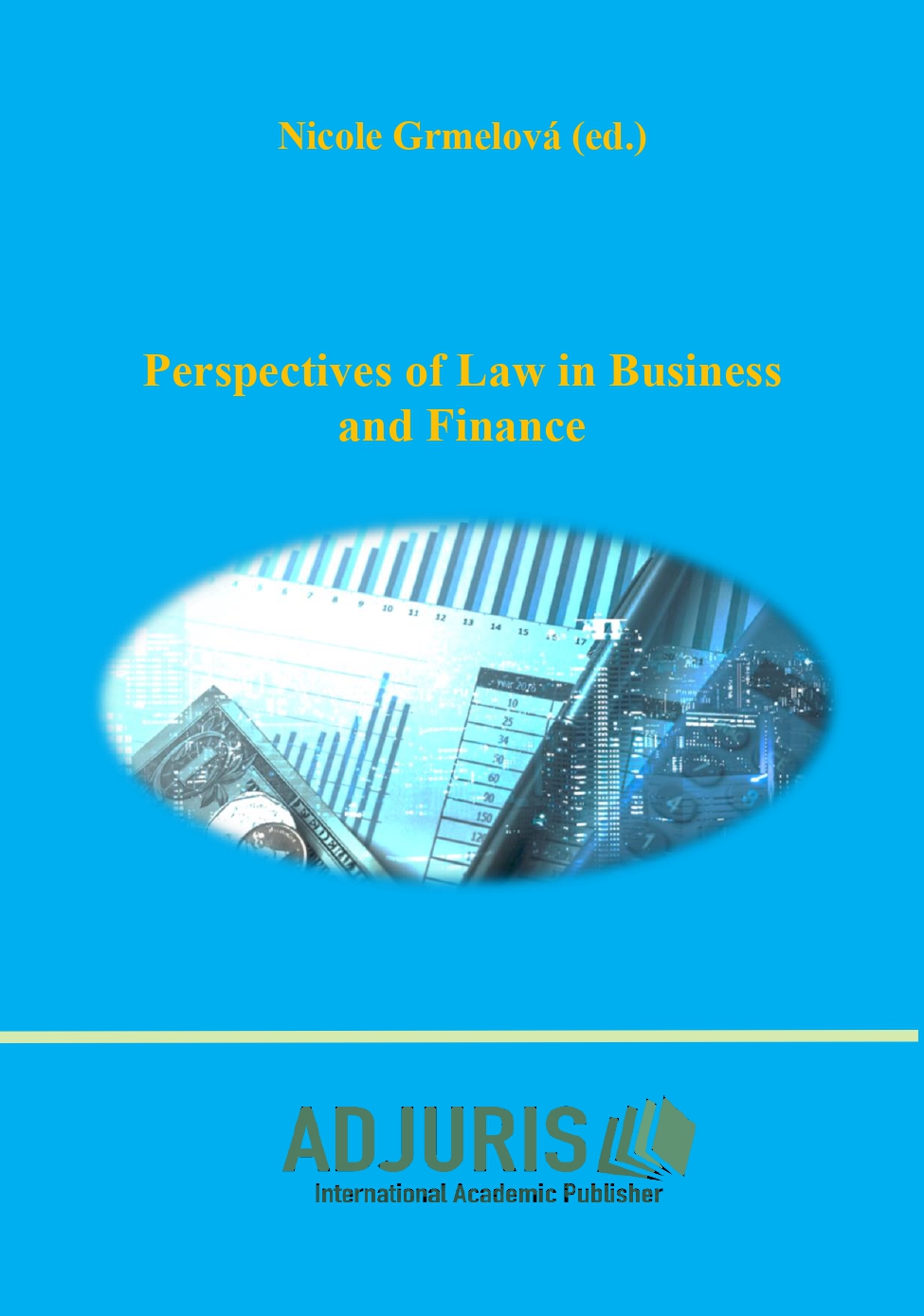What are the risks of non-fungible tokens (NFTs) from intellectual property law perspective?
What are the risks of non-fungible tokens (NFTs) from intellectual property law perspective?
Author(s): Nikol Popovská
Subject(s): Law, Constitution, Jurisprudence, Civil Law, Human Rights and Humanitarian Law, Comparative Law
Published by: Societatea de Stiinte Juridice si Administrative
Keywords: copyright; intellectual property; non-fungible tokens; trademarks;
Summary/Abstract: Non-fungible tokens, called NFTs for short, are not only one of the biggest game changers in the digital marketplace, but they are also raising a lot of attention in the field of intellectual property law. The NFT boom that began in 2021, particularly in the art world, has already caused numerous intellectual property disputes. This paper focuses on analysing various issues related to copyright, trademarks, and the problem of potential infringement of these rights in the case of NFTs. The starting point is to identify what NFT is in the first place. Can NFT be used to transfer copyright, or could it be considered as a form of license? If someone makes an NFT without the author's consent, is it a copyright breach? This paper aims to find out whether NFTs can be considered unauthorized copies of an original work or product under applicable law and whether a copyright infringement claim can be raised. This will be done in particular by outlining the legal argumentation of the ongoing lawsuits. Therefore, this paper's contribution should be to set out possible legal risks to those operating in the art market or those whose trademarks have not yet been extended to the metaverse.
- Page Range: 145-155
- Page Count: 11
- Publication Year: 2023
- Language: English
- Content File-PDF

